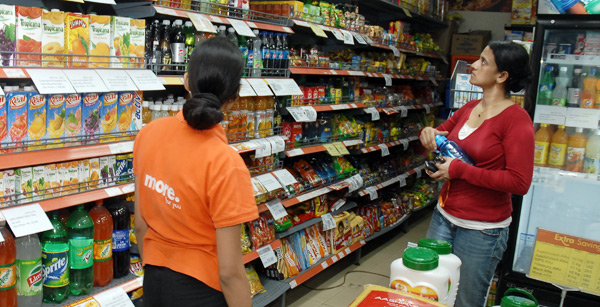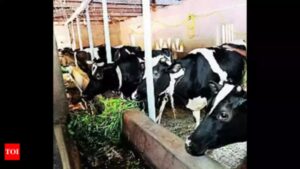
Food safety watchdog FSSAI is planning to set new quality standards for ice-cream and flavoured milk besides tightening the existing safety norms for milk and other dairy products. The proposal comes after ban on import of Chinese milk and milk products last month due to presence of melamine for one year till June, 2016, following a recommendation from FSSAI.
At present, Food Safety and Standards Authority of India (FSSAI) has norms for milk, paneer, ghee and butter, among others. In the latest proposal, the regulator is working on setting more specific and stringent standards for fat content in milk. “There is need to further broaden the quality standards for milk and its products. We are working on that and it is likely that in next one month, will come up with draft of these standards,” a source said. The source further said that the authority is working on comprehensive norms for milk and milk products which will now also include ice-cream and flavoured milk, among others.
At present, FSSAI has ceiling on presence of insecticides and metal contaminants in milk and milk products. Melamine LimitsLast month, the regulator had imposed limits for melamine in domestic milk products. Melamine is used in plastic and fertiliser industry. The regulator has stepped surveillance on processed food items after the Maggi controversy. It is reviewing safety standards and holding several consultations with stakeholders to strengthen it. It had also asked states to increase surveillance and act against entities selling contaminated packaged drinking water as well as adulterated milk and edible oils.
Earlier this year, in a meeting with state food safety commissioners, the FSSAI CEO had shared concerns raised by the Parliamentary Panel on Consumer Affairs regarding widespread incidences of milk adulteration. The food safety watchdog has also formed an 11-member panel for regulating salt, sugar and fat in food products sold or served at eating joints in the country.
On June 5, FSSAI had banned Nestle’s Maggi, saying it was ‘unsafe and hazardous’ after tests found presence of lead and monosodium glutamate above permissible limits. While Nestle India had withdrawn the instant noodles brand from the market, it challenged the FSSAI order in Bombay High Court. (PTI)




